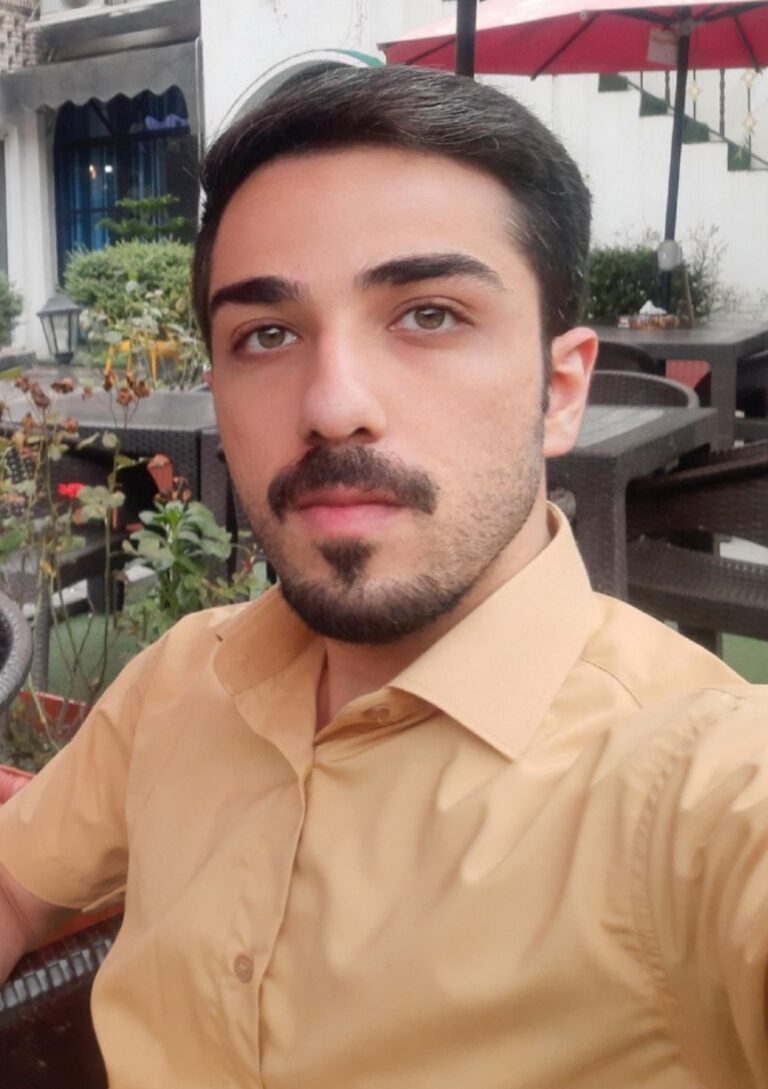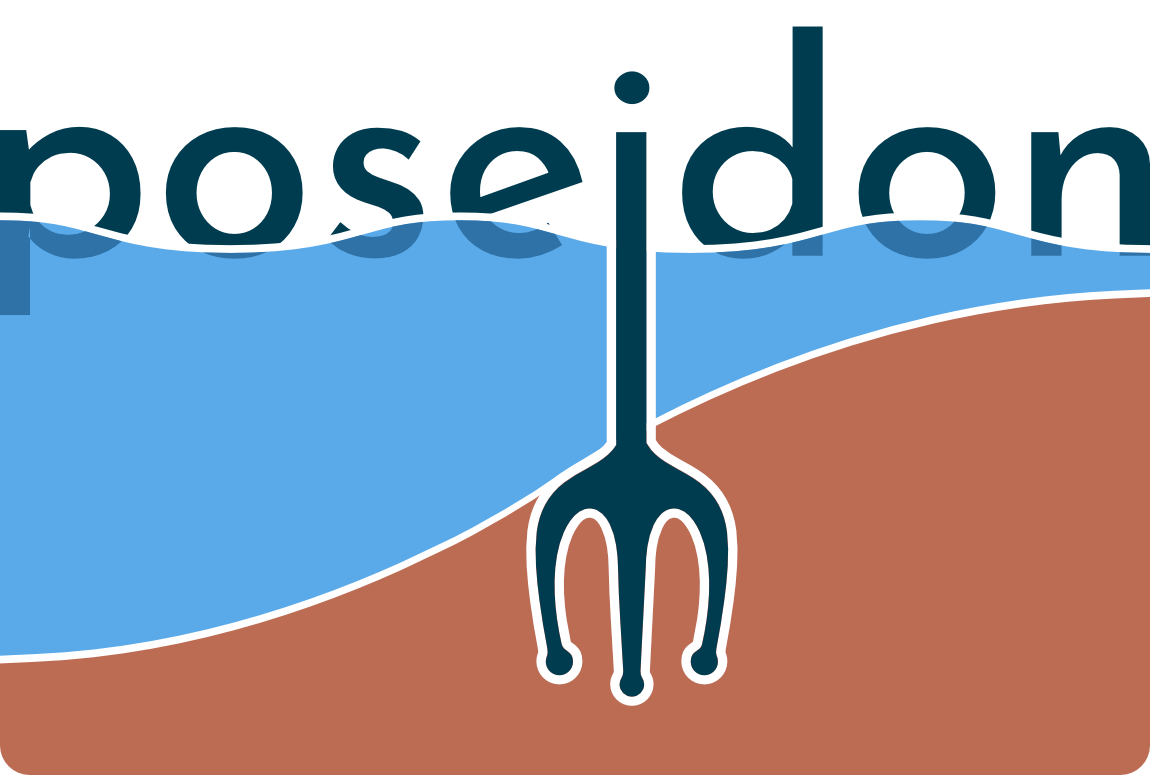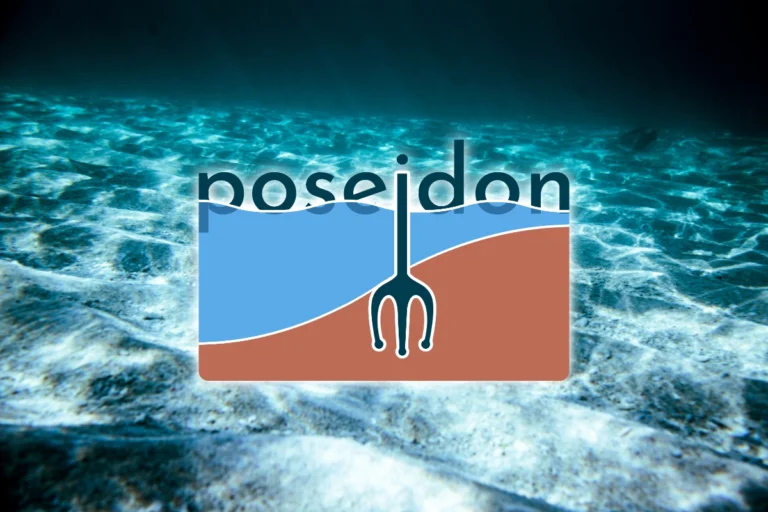Mohammadreza Rabinezhad
My name is Mohammadreza Rabinezhad, and I am from Gorgan, Iran. I earned my B.Sc. in Civil and Environmental Engineering from Amirkabir University of Technology (Tehran Polytechnic) and my M.Sc. in Geotechnical Engineering from Sharif University of Technology, where my research focused on Discrete Element Method (DEM) modeling of the behavior of uncemented and cemented coarse-grained soils in triaxial test.
Currently, I am working as a doctoral candidate in the POSEIDON network at the University of Liverpool, supervised by Professor Xue Zhang. My research focuses on the numerical modeling of submarine landslides, aiming to enhance our understanding of their behavior and impacts on offshore infrastructure and coastal safety.




